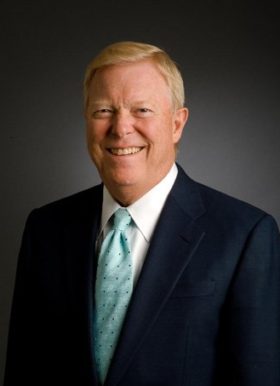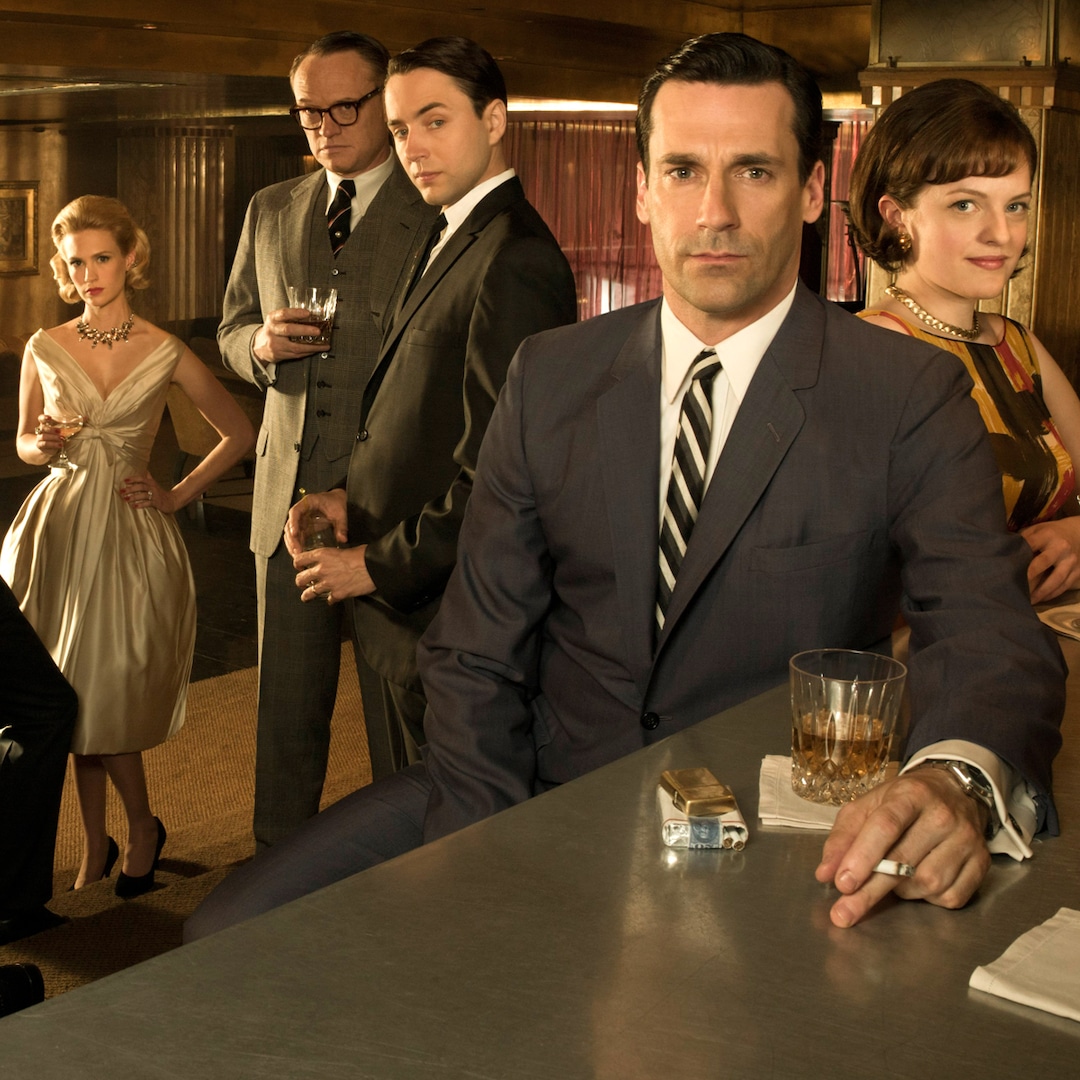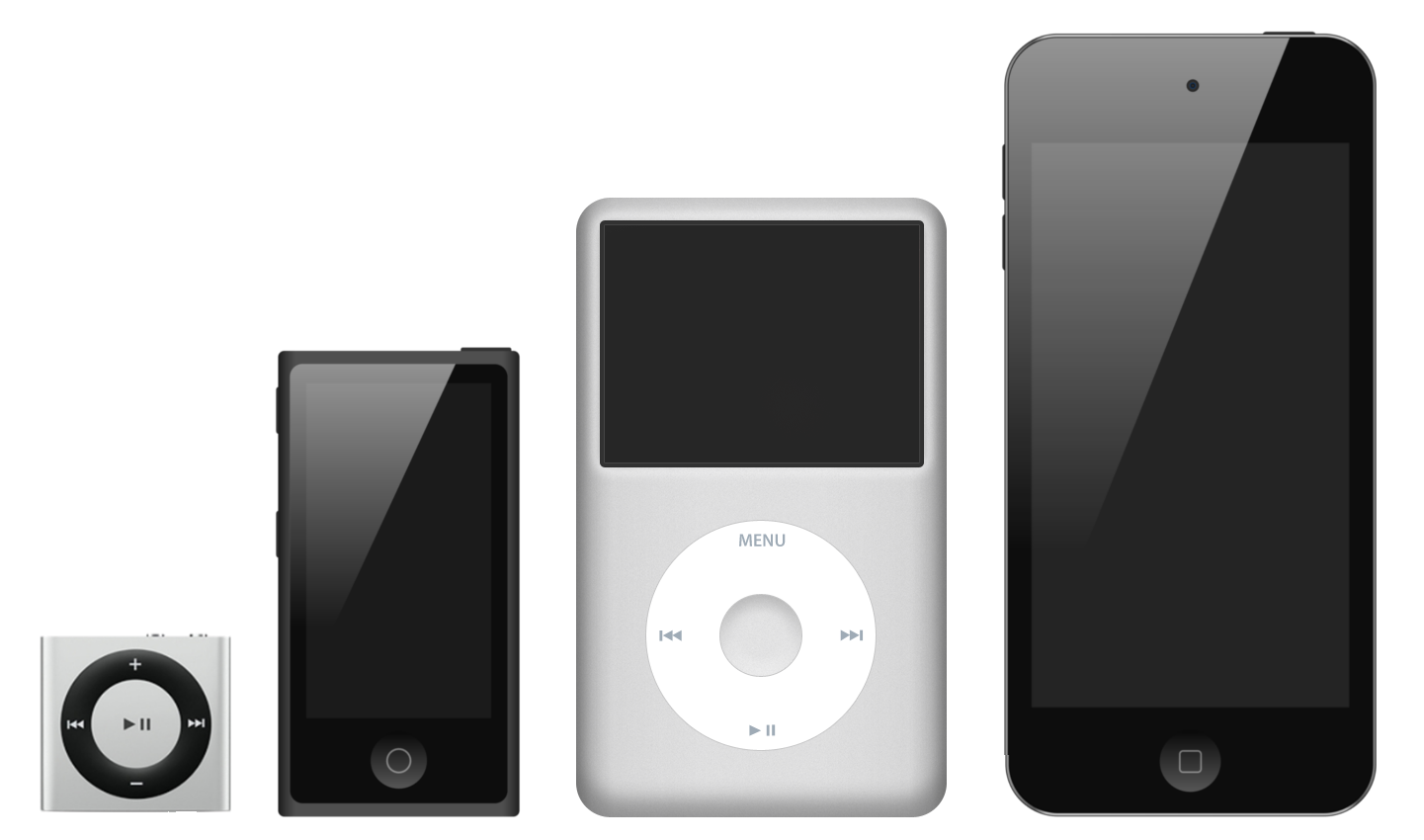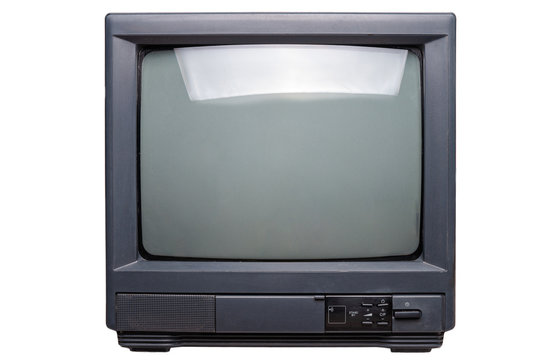Remember the 2000s? We Do!!
From the We Remember Booklet Collection by Nostalgia, Inc., Published 2022
Q: What do Men’s Rights Activists, Boy Wizards, Punk Princesses, Airship Pirates, Netcasts, Banjo Rock, Claymation Creatures, and Culture Warriors all have in common?
A: They are all iconic of the 2000s!
Yes, today We Remember the 2000s! A decade that said, “The Future is Here! Now What?”
Here are just a few images and memories about the Millennium Decade.
World Events:
Well, let’s get the hard part out of the way. The 2000s were a violent decade that saw a culmination of the rise in terrorism, with Al Qaida’s infamous Dirty Bomb attacks, corresponding sectarian violence, and the resurgence of White Nationalist violence in the US towards the end of the decade, particularly against America’s Muslim, Middle Eastern, North African, and South Asian communities, whom they falsely blamed for the dirty bomb attacks.
The USR struggled through sporadic periods of domestic terrorism and internal ethnic nationalist uprisings that had to be violently put down by a Federal Government that was increasingly heavy-handed, with many questioning whether the current Federal Government is truly still a democracy or not.
Alleged Chinese support for sporadic uprisings in the Russian Far East, fed by loose talk from Chinese Revanchists who were openly calling for the “reintegration” of the region that they call Outer Manchuria and exacerbated by illegal immigration by Ethnic Han (some of whom have been subjected to violence by Ethnic Russians and authorities), led to a war scare in 2009.
Similar tensions started between the USR and the West when the Central European Treaty Organization (CETO) was formed in 2006 and made open overtures to NATO for mutual defense. Feeling increasingly isolated even as its trade with Europe and China grew, the USR found a willing partner in a rising India.
(Image source The Nation)
The US and other Western nations struggled in the Democratic Republic of the Congo, a quagmire that only ended in 2009 with the split into the Democratic Republic of the Congo in the west and the Federal Republic of the Congo in the east. Inter-ethnic violence continues to this day.
Somalia descended into tribal warfare, leading to a rise in piracy and further UN interventions trying to calm tensions. The breakaway Republic of Somaliland, on the other hand, has become a hallmark of regional growth and stability thanks to large petroleum reserves and a functioning government.
Hurricane Donald[1] would devastate Cuba, Florida, and the Gulf Coast in 2007, the massive Category 5 storm causing devastating flooding that left several US cities submerged and led to increased calls for more steps on combatting climate change. On the other side of the world, Cyclone Moana of 2003 would cause massive destruction in Indonesia and The Philippines. An earthquake in Iran would cause massive destruction, while the US aid response would help temporarily thaw relations between the two nations.
(Image source NASA)
In happier news, the International Space Station grew, adding new modules from the USR and Europe, a regular presence by Chinese Taikonauts, with a Chinese module later added in 2014, and visits from multiple countries. It would be a shining beacon of international cooperation.
The UN agreed to work towards more international cooperation on fighting climate change, setting the stage for the 2012 Paris Accords.
In 2009 Vice President Jeb Bush negotiated a historic peace agreement between Israel, Iran, Lebanon, Syria, and Saudi Arabia, setting limits on Israeli settlement expansions, reducing attacks by Hezbollah and Hamas, and seeing the creation of a Palestinian Authority, creating hope for a Two State Solution to the Israeli-Palestinian conflict.
Politics:
In the US, the decade began, obviously enough, with the narrow 2000 election of Richard “Dick” Gephardt as the 43rd President of the United States, with his running mate Ann Richards of Texas breaking ground as America’s first female Vice President.[2]
(Image sources WUSTL.edu and Wikimedia)
Gephardt would renegotiate some of the terms of NAFTA to increase environmental stewardship, defend worker’s rights, and add in some safeguards for US jobs. Even so, many US manufacturing jobs not directly tied to US government programs like Defense, Space, and Renewable Energy moved to Mexico and Asia, in particular China, where manufacturing costs were far lower[3]. This growing “rust belt” would alienate many of Gephardt’s core blue collar voters.
The US culture, in reaction to the “Girl Power”, Diversity Awareness, and “Political Correctness” movements of the 1990s, shifted rightwards, starting with a “Men’s Rights” movement that was, at first, largely tongue-in-cheek, but soon exploded. “Politically Incorrect” comedians and newscasters would push the bounds of race, religion, and gender in what detractors called “hate speech” but which they defended as “free speech”. Even so, LGBTQ rights gained ground as popular attitudes shifted away from older cis- and heteronormative attitudes, paving the way for marriage equality throughout much of the West in the 2010s.
The “Christian Civil War” as it came to be called broke out in the US between the typically older, whiter, and more socially conservative “Old Testament Evangelicals” and the typically younger and more diverse self-avowed “Judge-Notters”. Numerous Christian denominations fissured into Conservative and (relatively) Progressive sub-denominations. The breakup of the Southern Baptists in particular into the Old Southern and New Southern branches in 2011 would be seen as a pivotal moment in US Christianity.
The Dot-Com Bubble of 2000 and the Green Bubble of 2003 would, when combined with the offshoring of manufacturing jobs, lead to the “Millennium Recession” of 2003-2006, leaving many in the US, Canada, and Europe without jobs and dragging the world economy down with it.[4]
The Republicans finally regained the White House after 12 years in a narrow victory in 2004 by Pennsylvania Senator John Heinz and Florida Senator Jeb Bush as his VP. Following the “Compassionate Conservative” model, they would lead a center-right platform that managed to win back “Reagan Democrats” and Reform supporters while putting out just enough Conservative red meat for their base. GOP attempts to roll back the Green Growth Act saw limited returns as blue collar manufacturing jobs became threatened and renewable energy costs approached, and then reached, parity with fossil fuels by the end of the decade, in part because of cheaper manufacturing in China. They would be narrowly re-elected in 2008.
Canada began the decade with Paul Martin of the Liberal Party as Prime Minister, who first took office in 1997. He would lose a No Confidence vote in 2006, with the NDP taking over and Jack Layton becoming PM.
The UK would begin the decade with a Tory government under Prime Minister Michael Portillo, but soon lost power to Gordon Brown and Labour in 2004, who would retain control throughout the decade. This particular Labour Party would be more center-right in its economics while pressing for more progressive social politics and greater investment in renewable energy.
In France, after facing a second-election shut out from the runoff in 2002, a new Union of Popular Movement (UPM) consisting of the major center-right parties would finally oust the long-ruling Socialists in 2007, with PM Nicolas Sarkozy and President Jean-Pierre Raffarin taking over.
Angela Merkel’s Christian Democrats would come back to power in Germany in 2005 after seven years under Gerhard Schröder’s Social Democrats.
In Japan Naoto Kan of the DPJ would start the decade as PM only to be replaced by Junichiro Koizumi of the LDP in 2005 in Coalition with Komeito and Japan Restoration Party under Shintaro Ishihara. Koizumi would continue as PM until 2010.
Hu’s the Man? I am! (Image source Getty (duh))
And in China, Hu Qili would replace Qiao Shi as Chinese Premier in 2004, continuing the Lotus Plan that had come to define Chinese liberalization and growth as a world power.
Be sure to check out our Appendix on elections and other political events!
Arts & Entertainment:
Ok, now on to the truly fun stuff!
The decade, indeed the millennium, began with huge celebrations as the landmark Year 2000 was reached. The brief panic over the “Y2K Bug” ended, proving to be a non-issue. And once the buzz died down, the realization struck that it was
just another year, and that all the old utopian and dystopian predictions over the last century proved highly to wildly inaccurate, leading to much ironic comedy at their expense and a rise in interest in Retrofuturism.
(Image source Time and Date)
The aesthetics of the 2000s were increasingly driven by Retrofuturism and the just-plain Retro as people looked back, sometimes nostalgically, sometimes ironically, on the “Tomorrowland” assumptions of what life in the 2000s would be like. Whether it was satirizing Midcentury Modern Utopianism like
Andy Venture or embracing the Jules Verne Futurism of Steam Romance like the
Black Smoke and
League of Extraordinary Gentlemen franchises, Yesterday’s Tomorrow was the look of their Today.
(Image source Tuscon.com)
Retrofuturism in art and aesthetic led organically into Retro as deconstructive dramas set in the midcentury found audiences. Period Dramas on the big and small screen alike looked in particular at the 1960s and 1970s as aging Boomers looked back and their now-thirty-something kids wondered what life was like for their parents at their current age. Fashions often followed the Retro and Retrofuture trends, with hats and early to mid-20th century stylings coming back into fashion, sometimes dripping with irony, sometimes with affection, often with a touch of both. Facial hair for men made a comeback, in particular mustaches, either pencil-thin Jazz Age ones or prodigious waxed Victorian era ones.
Geek Culture began to make itself known, with the Gen-X and Millennium Gen in particular making interests that were scorned in the past, such as comics, science, fantasy, computers, and the like, unironically “Cool”. TV shows like
Revenge of the Nerds,
The Geek Life, and (of course)
Dungeon Dorks made the what was once terminally unhip the hippest thing around.
Music trends in the 2000s started with NuPunk, Post-Goth, Hip-Pop, and FuturePop[5] and then shifted in the late 2000s towards less-processed sounds like the NuGrass, NerdCore, Hillcore, and the Folk Renaissance[6] as Millen-Gen audiences became obsessed with the twin poles of Irony and Authenticity. Steam Romance-inspired Post-Goth bands like Ironhand Pete and the Air Pirates would briefly make “Steam Punk” a thing, though many consider it a subgenre of Post-Goth or NuPunk. R&B would continue to make its presence known, with Beyoncé and others dominating the charts and becoming iconic. FuturePop artists like Star Queen Ga-Ga took Postmodernism to the next level while Biz Markie, De La Soul, and Sade Adu teamed up for their Grammy-dominating Markie De Sade collaboration in 2004.
(Image source Film School Rejects)
The 2000s saw the start of the Disney Millennium Age, also called the New Silver Age or Age of Exploration, as Lisa Henson replaced her iconic father Jim Henson as Chairperson of Disney. 2002’s iconoclastic smash hit
Damsel would kick off the Millennium Age in a big way, and is sometimes seen in hindsight as the High-Water Mark of the Girl Power movement and Third Wave Feminism. Iconic animated and live action films abounded, most famously the popular
Red Sails franchise and its
Black Smoke spinoff. The
Transformers franchise would start midway through the decade and come to dominate the next. Marvel’s Phase III saw a “rest and reset” period following the tumultuous massive-crossover of Phase II, leading eventually to Phase IV in the 2010s. Disney and Hyperion Music would lead the FuturePop and Post-Goth movements, signing acts like Star Queen Ga-Ga, the Lohan Sisters,
Wolfgang Parker, and Municipal Waste and later jump on the Folk Renaissance and NuGrass movements, signing Folkadelic,
Planet Hondo, and
Trampled by Turtles.
(Image source DC)
While Disney’s Renaissance Age was past, Warner Brothers’ Renaissance Age would begin and peak in the 2000s after a tumultuous start to the decade following an ill-timed merger with Leap. Bought out by Comcast in 2003, who brought in new Chairman/CEO Jeffrey Katzenberg, “The Katz” set his sights on the Mouse and launched a renaissance in both animation and live action, in particular bringing new gravitas to the DC film franchise, which would overtake Marvel in overall sales in the decade. Films like the ongoing
Terminator franchise and a big return to Musicals and Historical Dramas restored the venerable studio to its former gravitas as an industry leader. A renewed partnership with Amblin would likewise produce many popular films and TV series, such as 2004’s landmark
Munich and 2007’s
The Man in the High Castle.
Columbia would, by the middle of the decade, merge with Time-Atlantic creating a massive media conglomerate. Time-Columbia under new Chairman/CEO Michael Eisner would have its Golden Age, expanding its international market share with non-white and non-US audiences. Columbia Pictures began the decade with
The Lord of the Rings and went on to create other epic, immersive films like
One Small Step and
Chosin. Hanna-Barbera expanded further onto the big screen with original Oscar-winning animated features like
Cowgirls Don’t Cry,
Animal Kingdoms, and Eddie Murphy’s
Hippity Hop. In keeping with Chairman-Emeritus Ted Turner’s New South proclivities, they also worked to make Country & Western music and culture “cool” by marketing younger, less mainstream, less “Nashville Hit Machine” artists through their Time Music brand. This included NuGrass artists like
Old Crow Medicine Show and
The Carolina Chocolate Drops, but also introduced Hillcore artists like Redneck Rampage, The Ridge Runners, Banjo Underground, and The Hellbillies.
Old Crow Medicine Show (Image source NPR)
The 2000s would see the “Second British Invasion”, this time primarily visual rather than audio. This was led by Warner’s former Chairman and CEO Richard Daly, removed in 1994 following a gaffe on industry collaborations on renewable energy and soon picked up by the Pearson PLC to head their new Penguin Pictures. Harry Fletcher and Aardman Entertainment would lead the charge, of course, but soon enough TV shows like
Rebecca Rabbit,
Wobbly Wallaby,
Angus the Bull,
Shawn the Sheep,
Morris the Tortoise,
Star Fox,
The New Thunderbirds, and a renewed interest in
Dr. Who would capture the minds of US audiences, leading to a surge in the use of British slang, inflection, and terminology by Postmillenials in a phenomenon that shocked linguists. The action-comedy of Edgar Wright, Simon Pegg, and Nick Frost would make huge inroads in the big screen and more Terry Pratchett adaptions would appear.
(Image source Vulture)
Triad would hold its own thanks to the continued performance of Fox under Lisa Henson protégé Mira Velimirovic. Continued partnerships with Chris Columbus and Brad Bird netted successful shows and films that buttressed the brand. 20th Century would evolve into a Hyperion or Hollywood Pictures like “Adult contemporary” studio for comedies and action films with the occasional Oscar Bait while Paramount would become the “prestige label” with the summer tentpole features, such as the Indiana Jones reboot and continued Alien and Predator films. Paramount would briefly retire the venerable
Star Trek franchise only to reboot it with 2008’s deliberately campy but delightful
Star Trek: New Frontiers directed by Edgar Wright and following Captain Montgomery Scott IV (Simon Pegg) and the crew of the ever-endangered USS Invincible.
Venerable mid-sized studios like United Artists and Orion would hold their own while small studios like Lucasfilm, Amblin, Skeleton Crew, As You Wish, and Whoopass would continue to make a big splash.
Universal, on the other hand, would struggle as interest in the Monster films and Disaster films that were their big hits in the 1990s fell out of favor. They struggled to find and market original IP, with the load ultimately being carried by Universal Animation, the nearly-cancelled animation studio managing to make a steady income with their
League of Extraordinary Gentlemen series and a few original productions. A continued partnership with Triad on theme parks would help keep Universal Studios competitive against Disney, Warner-Six Flags, and Columbia-Kings.
On Television, the Big Four of ABC, CBS, NBC, and PFN would continue to dominate, with The WB always nipping at their heels. But it would be Broadcast TV’s last Decade of Dominance as Cable would continue to gain market share as laboratories for original programming, with Warner’s new Comcast owners battling Time-Columbia’s dominance in that sphere, and Disney-NBC holding on to a strong showing. The TV Musical would dominate the start of the decade, but fade away as the decade continued and the novelty wore off. HBO and AMC and Hyperion TV would launch the New TV Golden Age with smart new programming with high production values, moving beyond the usual Sitcom/Drama/Reality trifecta.
Something like this… (Image source E! Online)
But by the end of the decade a new player had emerged: Direct Viewing. This would start small: experiments by VCDirect (a company that originally mailed VCDs) and Disney.net in the mid-2000s that took advantage of the spread of high-speed internet access, but by the end of the decade would start to explode, with Disney’s Disney Direct and Peacock hubs, Triad’s Shamrock, and Warner’s WB Direct launching by the end of the decade. It’s first victim would be the venerable Neighborhood Video Store, with the once-dominant Blockbuster Video in particular reduced to a handful of stores by the end of the 2010s and ultimately being bought out by Time-Columbia, the Blockbuster name now being used as a brand for Time-Columbia’s Direct Viewing service: Blockbuster Direct[7].
Be sure to see our Appendix for a full listing of Oscar and Emmy winners, TV Schedules, and the like!
Technology:
Well, Direct Viewing we’ve mentioned, but let’s not forget that the 2000s also saw the rise of handheld electronic communications devices. Cell phones made huge inroads in society as not just playthings of the rich and privileged, but an indispensable part of modern life.
The advent of Flash Memory allowed for more and more data in a smaller and smaller packet, leading naturally to the Digital Music Player and the inevitable decline and death of CDs and Cassette Tapes over the course of the decade. The rise of the Intelephone by the end of the decade would, needless to say, reshape society, but things like the Palm Pilot and Blackberry still ruled the handheld IT market for the time being.
Social media sites would spin up, from sending a “Hiss” on Kamelion to telling your friends, family, and the world a little
too much about yourself on LillyPad and E-Community. The rise of amateur online video content thanks to sites like Viewpoint, Me-TV, and Vidzz let to an explosion of creative content.
Videogame consoles would continue to hold market share, with Nintendo, Atari, and Sega dominating, but other companies like Sony and Microsoft making a play for market share. PC games were big, with the VCD-ROM still a major data storage device even as StickDrives began their slow takeover. And while small, downloadable games for Intelephones would become the dominant force in the coming decade, such “physical game media” would remain the leading place for gaming.
Goodnight, Sweet Prince… (Image source Adobe.com)
Advances in screen technology led to the HD Flat Screen TV and the eventual end of the venerable CRT. Only the most nostalgia-driven folks were sad to see those giant, heavy boxes go, to be honest.
And the Internet became a global marketplace and communications hub, no longer a place for wasting time but an essential communications and business infrastructure. Soon even cars and home appliances would be connected to the net.
In short, the 2000s were the decade that saw the rise of Interconnectivity and the end of stand-alone media, which is both good and bad in our book.
Please see our appendix for individual technology debut dates and other Fun Facts!
Sports:
Let’s start big: the Summer Olympics were held in Sydney in 2004 and Beijing in 2008 and the Winter Olympics in Salt Lake City in 2002 and Lviv, USR, in 2006. The USA and China competed for the top medal winners while the USR faced doping allegations. Middle Eastern teams faced pushback at home for some of the revealing clothing that the women would wear (particularly beach volleyball!). And new sports like triathlon, trampoline gymnastics, water polo, women's pentathlon, race walking, women’s weightlifting, taekwondo, 10k Swim Marathon, and BMX Racing were added to the Summer Olympics over the decade. The Winter Olympics brought back Skeleton in 2002.

The start of the decade would see the LA Rams led by Trent Green dominate the 2000 season, winning the Superbowl, but then lose to the Eagles under Kurt Warner in the 2001 playoffs on the Eagles’ path to the Super Bowl. Green would be replaced in 2002 by Tom Brady, leading the Rams back on top as the Team to Beat. Nashville, Tennessee, would, after years of petitioning, finally receive a professional sports team in the Tennessee Titans.
The NBA would be dominated by the San Antonio Spurs and LA Lakers, two teams flush with superstars like Kobe Bryant and Lebron James. The LA Clippers, who moved to Anaheim in the late 1990s, would be the latest team to receive a Disney investment in a deal finalized in 2000 and which saw Disney now invested in NFL, NBA, MLB, and NHL teams.
The World Series would get more Worldly when the Mexico City Aztecas[8] won the 2001 World Series, with Team Mexico going on to win the World Baseball Classic on its inaugural year in 2005. The International Olympic Committee opened up Baseball to pro athletes in 2001, a move fully supported by MLB Commissioner George W. Bush. The growing popularity of the sport internationally led to the IOC abandoning plans to drop the sport in 2012.
Japan and South Korea would co-host the 2002 World Cup, with Brazil beating “home team” South Korea 1-0 in the final. South Africa hosted in 2006 following a bribery scandal, with Italy just beating out the USR team 2-1 in the final.
Major League Soccer would spin up in the US, with Women’s League Soccer gaining a large following thanks to Sports Century and the continued dominance of the US Women’s team on the world stage. This, in turn, would lead to a major pay discrimination lawsuit[9]. Similar issues would affect the WNBA.
Instead, one area where US Women would find new opportunities in sport would be the Roller Derby renaissance, which spanned the 2000s and 2010s. The strange sport would continue to be a hub for Girl Power and Riot Grrl culture in the midst of the Men’s Rights pushback.
Be sure to see our Appendix for a full listing of scores, rosters, and other fun facts about sports in the 2000s!
Conclusion; A Decade to Remember:
So, We Remember the 2000s. How about you? Were you old enough to remember? Were you an adult? A teen? A child? What World Events or sports moments or films or TV shows stood out for you? How did the technology affect you?
Shown: basically, nothing that appears in This Timeline’s 2000s! (Image source YouTube)
Did you ever paste a gear to a top hat or don a mini-bustle and call yourself an Airship Captain?
Did you teach yourself to play the banjo?
Did you have a mustache, ironic or otherwise?
Be sure to tell us all about it at
www.WeRememberBooks.net/I-Remember.
[1] Walt Disney World will suffer notable damage from the storm, leading the press to go wild with the Donald Duck references.
[2] Hat tip as always to
@jpj1421 on politics and sports. And hat tip to
@ajm8888 for Japanese politics.
[3] There’s a tendency to blame NAFTA for all US job offshoring, and while it was certainly a
major contributor to the rust belt (I’m not going to downplay the impact), nothing shy of punitive protectionists tariffs of the Smoot-Hawley type, which would have disastrous economic consequences of their own, would have stopped US jobs from moving to China. It’s just so much cheaper to build an iPhone when you pay people dollars a day to work punishing 100-hour work weeks in a low cost of living country as opposed to paying unionized workers a living wage with benefits and a reasonable work schedule. Estimates of what an iPhone would cost retail if made in the USA
range from $2000 to
as much as $100,000, though I take the latter with a large amount of salt.
[4]
Warning: Engineer Talking Macroeconomics: With no 9/11, and no corresponding Global War on Terror leading to massive increases in economic investment and defense industry jobs, there’s no resulting “Doom Boom” of the early 2000s, leading, when combined with Offshoring and the fact that not all of the Green Growth Act investments are going to pan out (think Solyndra), to a small recession in the mid-2000s. The lack of a Doom Boom leads to less housing investment, less tinkering by congress to push Freddie Mack and Fannie May into expanding loan availability or deregulation actions by the White House that led to the plague of sub-prime and ARM mortgages, and thus the 2006 Housing Bubble is butterflied and along with it the 2008 Great Recession.
[5] NuPunk has been mentioned; Post-Goth is a sort of ironic spin on goth, emo, punk, death metal, and industrial, often mixing black and grey with bright colors like pink and yellow and the macabre with the bright and cheery (like this timeline’s popular Japanese band Death Kitty) that crosses over a lot with NuPunk; Hip-Pop is a popular “White Friendly” form of Hip-Hop for those who find Will Smith a bit too hard core; and FuturePop is a sort of Electronica-inspired, Autotune-fueled Pop music full of Top 10 earworms.
[6] NuGrass or NewGrass is also from our timeline, starting with folks like Bela Fleck and the like and booming briefly in our timeline in the late 2000s with bands like the Carolina Chocolate Drops and Old Crow Medicine Show. NerdCore is per our timeline: ironic Hip Hop about Nerd and Geek Culture. HillCore is Outlaw Country inspired by Hard Rock and Heavy Metal. NuGrass and Hillcore are New South reactions to the increasingly pop-y and processed Nashville Sound and Nashville Hit Machine and Hillcore is original to this timeline as far as I know.
[7] Sorry folks who wanted Blockbuster to dominate the Streaming Market by buying Netflix, but systemic entrenched bureaucracy that failed to adapt pretty much doomed the chain to irrelevance, much as Kodak sticking with film doomed them. So instead, in this timeline they get bought out and reborn as Time-Columbia’s streaming service, really just in name only.
[8] Team saying “Danos tu Corazón!”
[9] I, for one, do
not believe that US Women’s Soccer Players should be paid the same as the US Men. They should be paid substantially
more. Unlike the US Men, the Women actually bring home World Cups.


















